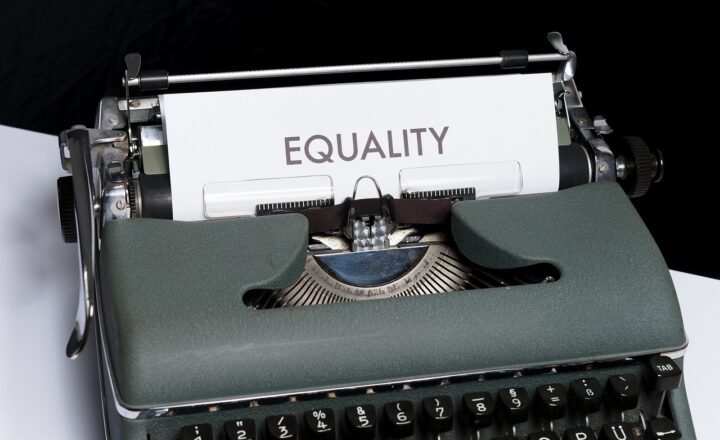The Biggest Sports Controversies of the 21st Century: A Deep Dive Into the Drama
November 18, 2024

Sports have always been a reflection of society, encompassing not only tales of triumph and athletic prowess but also the darker sides of human nature. The 21st century has witnessed a buffet of controversies that have rocked various sports and captivated audiences worldwide. In this article, we will explore the most significant sports controversies of the 21st century, delving into the stories behind them, the impact they had on fans and participants, and the lessons learned.
1. The Fall of Lance Armstrong:
Lance Armstrong, once considered a doping-free inspiration for millions, suffered a dramatic fall from grace in 2012 when he was stripped of his seven Tour de France titles after revelations of systematic doping came to light. Armstrong’s reign was marked by a complex web of deceit, where he not only used performance-enhancing drugs but also bullied teammates and those who dared to expose the truth.
The revelations were brought forth primarily by the US Anti-Doping Agency (USADA), which conducted a comprehensive investigation, detailing the extensive lengths Armstrong and his team would go to maintain the façade of legitimacy. Armstrong’s confession in a televised interview with Oprah Winfrey was a watershed moment in sports, raising questions about ethics, integrity, and the lengths athletes will go to achieve success.
This controversy significantly impacted the perception of cycling and sports at large, prompting stricter regulations and a call for greater transparency in athletic competitions.
2. The FIFA Corruption Scandal:
In 2015, the world of football was rocked by one of the largest corruption scandals in sports history, involving senior officials of FIFA, the governing body of international football. The US Department of Justice indicted multiple FIFA officials on charges of racketeering, wire fraud, and money laundering, alleging that the officials were involved in a vast scheme to solicit bribes from sports marketing executives.
The controversy unveiled the depth of corruption within FIFA, leading to the resignation of longtime president Sepp Blatter and an overhaul of FIFA’s leadership. The scandal had far-reaching implications for the sport, tarnishing its image and prompting calls for reform in governance policies. It brought to light issues of accountability, the integrity of global sports, and the need for systemic change.
3. Deflategate: The New England Patriots Controversy:
In 2015, the New England Patriots found themselves at the center of a media frenzy due to allegations that they had deliberately deflated footballs used in the AFC Championship game against the Indianapolis Colts. Dubbed “Deflategate,” the controversy raised eyebrows across the nation, leading to a lengthy investigation that included interviews with players, coaches, and team staff.
The NFL’s investigation concluded that it was “more probable than not” that quarterback Tom Brady was aware of the deflation of footballs, resulting in Brady being suspended for four games of the 2016 season. The situation reignited debates surrounding cheating in sports, the impact of star players on their franchises, and the integrity of the game.
4. The 2016 Olympics: Russian Doping Scandal:
The 2016 Rio Olympics were tainted by accusations of state-sponsored doping within Russian athletics. Following a report by the World Anti-Doping Agency (WADA), it became clear that a widespread doping program had been employed to enhance the performance of Russian athletes. This led to the eventual suspension of the Russian Olympic Committee from the Games, resulting in a significant loss of medals for the nation.
The controversy raised questions about fairness and the ethical implications of doping in sports, alongside discussions around the responsibilities of governing bodies in ensuring clean competition. It emphasized the importance of global cooperation to combat doping and protect the integrity of sports.
5. The Chris Benoit Tragedy:
In June 2007, professional wrestling faced one of its darkest moments with the tragic deaths of wrestler Chris Benoit and his family. Initially ruled a murder-suicide, the incident prompted widespread speculation and outrage. Benoit’s legacy was irrevocably damaged, and the details surrounding the case led to conversations about the long-term effects of concussions and brain injuries in the wrestling industry.
The fallout from this controversy spurred WWE and the broader wrestling community to re-evaluate their practices regarding athlete health, mental well-being, and the dangers of ongoing head injuries in contact sports.
6. Gender Verification and Caster Semenya:
Caster Semenya, a South African middle-distance runner, became a focal point of controversy due to debates over gender verification and the regulations surrounding female athletes with naturally elevated testosterone levels. The case drew international attention during the 2009 World Championships when Semenya won gold and faced scrutiny regarding her gender identity.
Since then, the conversation surrounding Semenya has evolved, touching issues of gender identity, equality in sports, and the role of authorities in regulating athletes’ eligibility. The Court of Arbitration for Sport’s decisions in her case have led to an ongoing dialogue about how to create an equitable environment for all athletes.
Conclusion:
The controversies outlined above serve as reminders of the complexities and challenges within the world of sports. While they reveal darker aspects of competition, they also highlight ongoing discussions about ethics, equality, integrity, and accountability.
As we continue into the 21st century, it becomes evident that the way sports are governed, played, and perceived will continuously evolve, reflecting broader societal issues. The need for transparency and commitment to ethical practices in sports remains paramount to ensure that the integrity of athletic competition is upheld.






